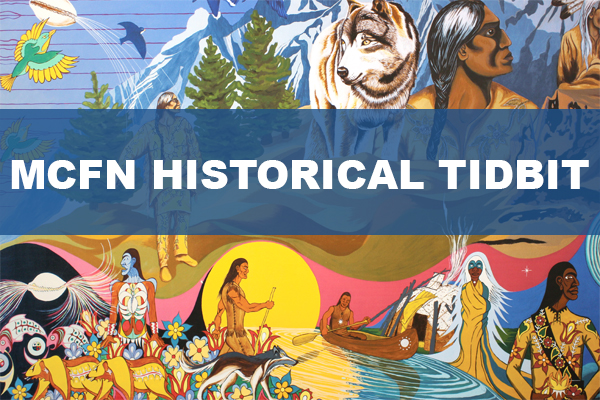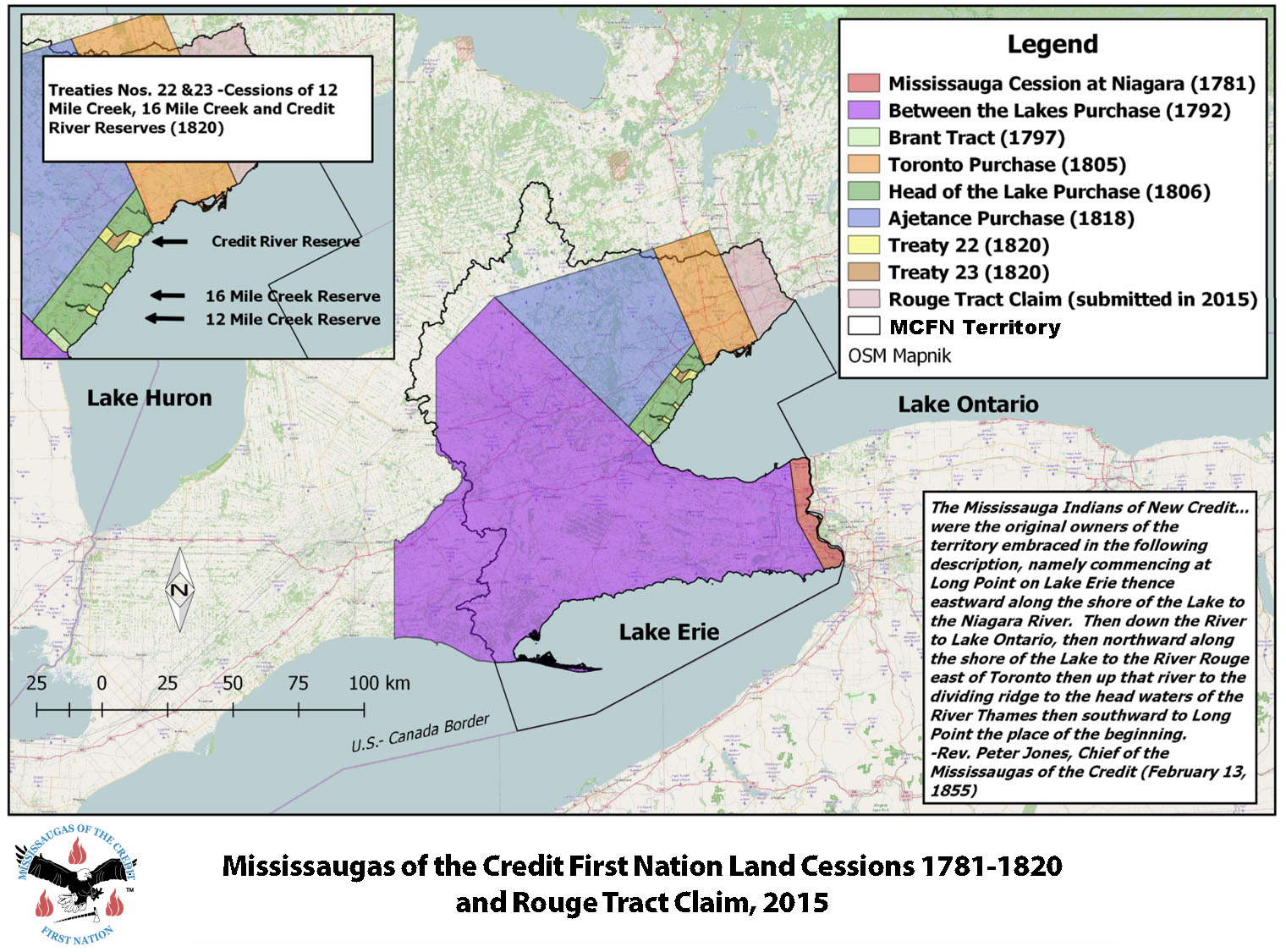Historical Tidbit – Poet William Wilson
Posted on May 19, 2020

by Darin Wybenga
New Credit Public Library
John Jones (1797-1847), the schoolteacher at the Credit River Mission Village and the brother of Rev. Peter Jones, looked about his classroom and felt great satisfaction as his students worked away at their lessons. A few days earlier, on February 22, 1828, Jones and twenty of his pupils had made their way to York with the purpose of putting their learning on display before members of the Legislative Assembly of Upper Canada and the Lt. Governor, Sir Peregrine Maitland. The event, held that evening in the Methodist Chapel, showed all those assembled that the children of the Mississaugas were adept learners, and in many ways, were more advanced in their education than their settler neighbours. The young scholars began the evening by singing hymns in both Ojibway and English. Recognizing that a substantial portion of their learning was tied to the Mississaugas’ newly acquired Christion faith, the students also recited the Lord’s Prayer and the Ten Commandments to the great satisfaction of the audience. Lest anyone think that education at the Credit River Mission was only confined to spiritual matters, the students also displayed their spelling, reading and writing abilities. The girls of the school even had the opportunity to exhibit the fruits of their spelling and knitting lessons. Those assembled would have marvelled at the nimble minds and educational prowess of the Mississauga children.
Perhaps one of the nimblest minds of the Mississauga children belonged to William Wilson. Born around 1815, Wilson was educated at the Credit River Mission amongst forty or so other children and stood out as a student of superior abilities. His dedication to his studies and natural talents would have caught the eye of his teachers, as well as Rev. Peter Jones, and the Rev. Edgerton Ryerson, the first Methodist missionary stationed at the Mission Village. In fact, Ryerson was so impressed with William’s abilities that he arranged to pay for William’s further education beyond that which was offered in the village. William was able to spend time at Upper Canada College in York and the Upper Canada Academy in Cobourg. Education, at those schools, focused on a classical education consisting of large doses of Latin, Greek, logic, and debate, amongst other subjects that were designed to develop the leadership skills of those so taught. William Wilson, an “Indian boy” of the Credit Mississaugas, found himself learning among the elite of Upper Canada. What is more, he stood at the head of his class at the Upper Canada Academy. A gifted poet, an example of his verse was published in the May 22, 1838 edition of the Christian Guardian. Entitled England and British America, the poem ran for some two hundred lines, consisting of four stanzas, and provided ample evidence of William’s classical education. The excerpt below from England and British America is set at Niagara Falls- within the treaty lands and territory of the Mississaugas of the Credit. Was he thinking of our ancestors when he penned the words to this part of his poem?
England and British America
Where dread Niagara in thunder roars,
As o’or the rocky steep his deluge pours,-
Along whose banks the lonely Indian wound,
And in the scene his kindred spirit found,
Here boundless plains in fragrant verdure stretch,
Bright landscapes there invite the artist’s sketch;
Here forests dark their stately branches wave,
And rivers there in solemn silence lave.
But though this land with ev’ry good is crown’d,
And choicest gifts on ev’ry hand surround,-
Though Nature here has wrought its grandest plan,
Yet does the mind deplore the fate of man.
Those lordly tribes that lin’d these mighty lakes
Have fled, and disappear’d like wintry flakes.
Lo! On the mountain tops their fires are out,
In blithesome vales all silent is their shout;
A solemn voice is heard from ev’ry shore,
That now the Indian nations are no more,-
A remnant scarce remain to tell their wrongs,
But soon will fade to live in poets’ songs.
The poem is a remarkable achievement for a young man not even removed a single generation from the hardscrabble life led by the Mississaugas prior to the founding of the Mission village. Hope for the future of would be built upon the education of the First Nation’s youth and the innate adaptability and resilience of the Mississauga people. Sadly, William Wilson, one of the most promising youths of the Credit River Mississaugas, contracted smallpox and died while in New York near the time of his poem’s publication.
William Wilson’s poem in its entirety can be found in History of the Ojebway Indians: With Especial Reference to their Conversion to Christianity: with a Brief Memoir of the Writer by Rev. Peter Jones.

